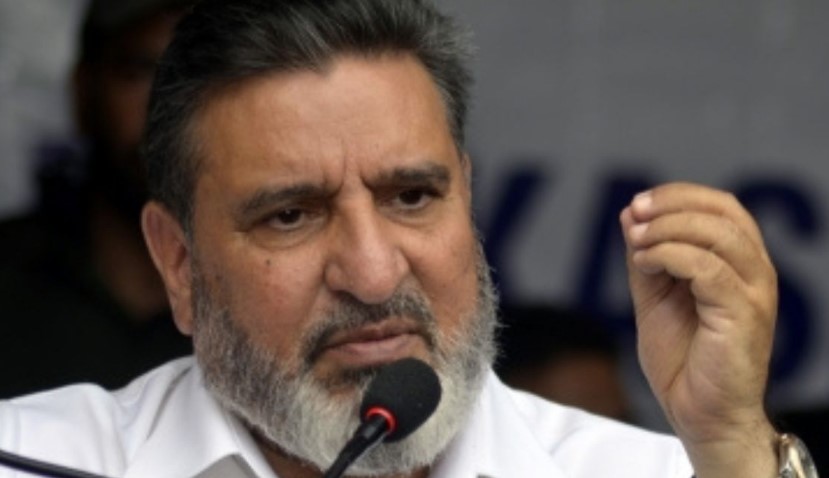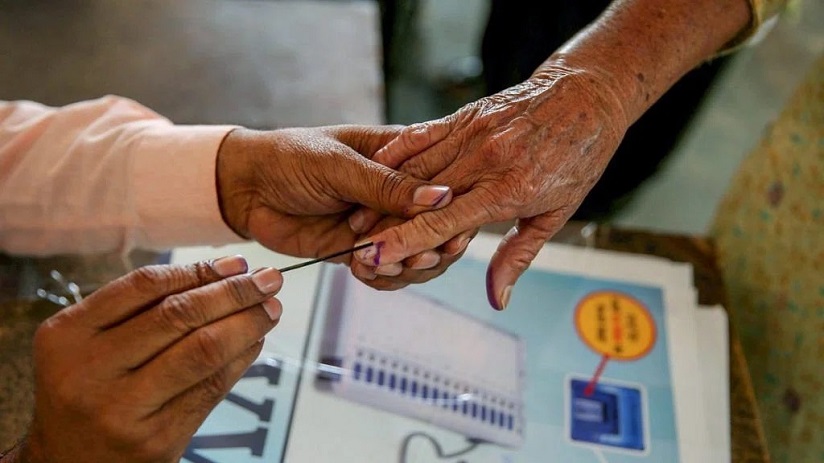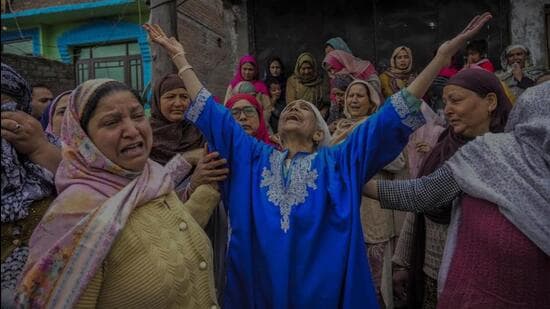After PDP-BJP government came to power in J&K, the government of India has extended three central laws to the state in less than two years amid a continuous push, both at political and legal level, by different right wing groups to get Article 370 scrapped.
In December 2015 when the state cabinet led by former Chief Minister Mufti Mohammad Sayeed cleared adoption of National Food Security Act (NFSA) to J&K, the decision snowballed into major controversy. The central Act was however implemented from February 2016 despite opposition from opposition parties and separatists though it is necessary that any central legislation should be ratified by the state government before its adoption.
The NFSA, which is aimed at providing food security to the people through subsidized food grains, covers more than 90 percent population of the state. But the problem with the Act in J&K is that while it has reduced price of food grains for beneficiaries, it puts a cap on the quantity given to each person. Before implementation of NFSA each family in J&K was entitled to 35 kg of food grains. But the cap on the distribution has impacted more than 90% of the state’s population.
The government had however defended the adoption saying the legislation was pro-poor and pro-people while asserting that it was the previous NC-Congress coalition government that had consented to its implementation.
“Omar Abdullah had challenged me to come out with a proof that his government had given consent to the implementation of NFSA. Here I am. This cabinet decision bearing no. 201/25/2011 signed by former chief secretary Madhav Lal of 2011 shows NC-Congress government had approved National Food Security Bill in JK,” Minister for CAPD Choudhary Zulfikar had told a press conference then.
Earlier this month the government cleared implementation of Goods and Services Tax (GST) law to the state. The presidential order that allowed implementation of the law to the state makes it clear that J&K government’s concurrence was mandatory for any decision taken by the GST Council that impinges on the constitutional provisions relating to the state and. It also says that J&K’s powers to legislate under Section 5 of the Constitution of J&K remain unaffected.
However National Conference leader and former finance minister Abdur Rahim Rather termed the implementation of the GST as the end of state’s fiscal autonomy and a move towards abrogation of Article 370.
“They (the state government) have opened the doors for abrogation of J&K’s special status…the extension of this law is the beginning of the process in this direction,” said Rather.
In the latest, Rajya Sabha on Wednesday passed a bill – The Collection of Statistics (Amendment) Bill, 2017 – empowering the government of India to collect statistical data from J&K, even as various Opposition parties said the move was not proper in view of Article 370 which grants special status to the state.
Rather claimed that New Delhi didn’t even seek concurrence from the state government to extend the law to J&K. Besides, he said, the state had already passed a law on the issue in 2010 and hence, according to him, there was no need for extending the central law to J&K.
Rather quoted the statement of Congress MP Jairam Ramesh in Rajya Sabha that the state finance minister Haseeb Drabu had told him that he (Drabu) wasn’t aware about extension of the law to the state.
“The PDP-led government in J&K is hand-in-glove with the center to scrap the unique position of our state in Constitution of India,” said Rather.
A senior official however said J&K Legislature has powers to enact laws on ‘statistics’ which fall under concurrent and residuary powers reserved for the State. He said both the Central Act (2008) and J&K Collection of Statistics Act, 2010, were not applicable to the statistical subjects falling in the Union List, adding the concurrent jurisdiction to be exercised by New Delhi wasn’t also provided for in the Central Act.
“The proposed amendment Bill was intended to address this vacuum,” he said.
The BJP, RSS and their affiliate groups are already demanding scrapping of Article 370 and are opposed to Article 35A which bars non-J&K subjects to settle and buy property in the state.
Last week BJP-led NDA government didn’t file an affidavit in the Supreme Court on a petition seeking scrapping of Article 35A, a move that was in contradiction to BJP’s ally in the state government, PDP, which is for dismissal of the petition that has been filed by little know NGO “We the citizens”.
There are at least four other cases going on in the Supreme Court and Delhi High Court wherein the petitioners have sought abrogation of Article 370 as well as Article 35A.






